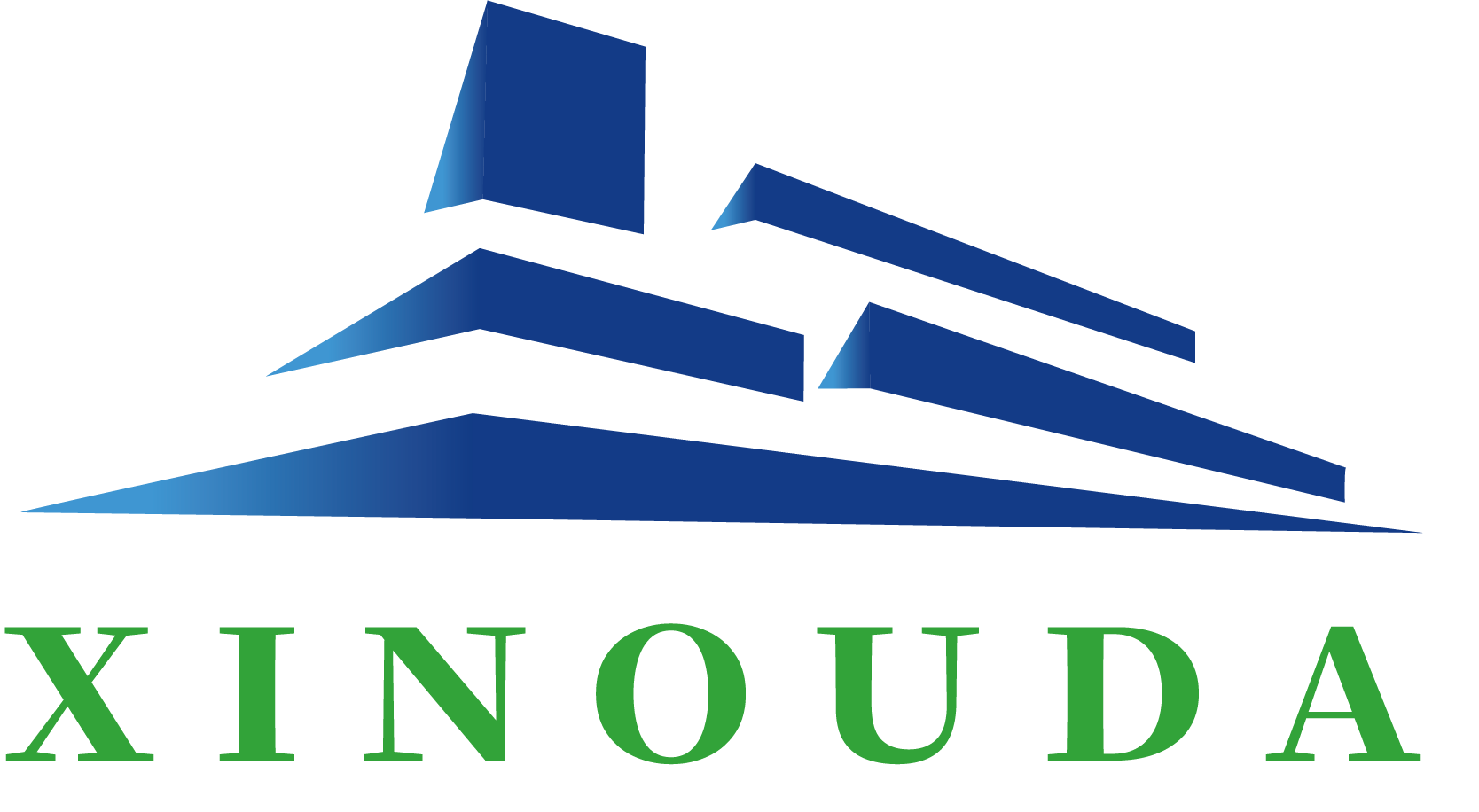Understanding Bulk Pack Container Housing
Definition and Core Design Features
Bulk pack container housing represents something pretty different in how we build things these days. It takes those old shipping containers sitting around ports worldwide and turns them into actual buildings through prefabrication techniques. People actually live in them too! The beauty lies in their adaptability across many settings from small homes to office spaces, all while being environmentally friendly compared to traditional methods. What really stands out about this type of construction is its modular nature. Want to expand? Just add another container. Need different layout? Rearrange what's there already. Makes sense when space needs change over time. Plus modern insulation materials combined with good weather sealing mean occupants stay comfortable whether it gets hot or cold outside. Some folks even say they feel cozier than regular houses despite looking industrial at first glance.
These kinds of structures usually come equipped with all sorts of modern features that make them work pretty well across different situations, ranging from short term stays right through to long term living spaces. Take a look at what's available on the market today and there are options galore. Some folks want something they can actually expand as their family grows, while others just need basic shelter without all the bells and whistles. Either way, these modular units offer practical solutions that fit into city planning efforts and housing developments alike. The whole concept represents a fresh approach to construction that could really change how we think about creating livable spaces in an environmentally friendly manner without breaking the bank.
Expandable vs. Non-Expandable Variations
Bulk pack container housing comes in two main types: those that can grow and those that stay fixed. The expandable versions let people add on extra sections or make them bigger as needed, which really helps when space demands start increasing. For families growing larger or businesses needing more room, this kind of flexibility makes all the difference. A lot of folks find themselves stuck with containers that don't fit anymore after just a few years, so having something that adapts saves money and headaches down the road.
Non expandable container homes come with set dimensions from day one, making them great choices for people or businesses looking for something simple and unchanging over time. There's no need to worry about adding extra space later on. When choosing between different types, it really comes down to what kind of space will be needed years from now and how the market is shaping up. For those considering purchasing bulk packs of container houses or going for something solid and permanent instead, knowing the distinctions helps pick the right path forward based on actual goals. It pays to figure out if expanding containers actually fit what might happen in the future, or whether sticking with fixed size models provides exactly the kind of dependable foundation required in today's container housing market.
Cost-Effectiveness Analysis
Reduced Material and Construction Costs
Bulk container housing tends to be cheaper because it cuts down on materials and construction costs when compared to regular buildings. When old shipping containers get reused for this purpose, the whole building process becomes much simpler, which saves both money and time on labor. Most people find that their overall costs drop somewhere around 20 to maybe even 30 percent. Container suppliers also tend to give better prices when someone buys a lot at once, so these kinds of structures work really well for big developments or commercial properties. What makes them attractive too is how affordable they are upfront, letting folks purchase expandable container homes that can grow with their needs over time instead of having to rebuild everything from scratch later on.
Long-Term Maintenance Savings
Container homes built in bulk packs tend to save quite a bit on maintenance expenses over time since they're constructed with durable materials that can handle tough conditions. Some research indicates that owners might save around 20-25% on repairs throughout the life of their container home when compared to traditional construction methods. The reason for this? These buildings just don't show signs of wear as quickly, especially during harsh winters or intense summer heat, so there's simply less need for fixing things here and there. Most companies selling these container kits will point out these cost benefits as part of their marketing pitch. And honestly, who wouldn't want something that saves money while also being better for the planet? That combination seems to keep attracting more people to container living every year.
ROI Compared to Traditional Construction
Bulk pack container housing often delivers better returns compared to building traditional homes because it costs less upfront and maintains lower expenses over time. Some real world examples show investors making around 50% return on their money, particularly when they set up these units in neighborhoods where there's strong demand for budget friendly living options. Take the recent project in downtown Austin as proof point one. The developer converted old shipping containers into tiny apartments and saw quick occupancy rates. Investors looking at this market now have actual numbers to work with instead of just theory. When someone wants to get into container housing investments, having these concrete figures makes all the difference in figuring out whether a particular location will pay off long term.
Sustainability and Durability Advantages
Recycled Materials and Eco-Friendly Impact
Using old shipping containers to build bulk pack container housing represents a real move forward for environmental sustainability. The construction process cuts down on waste while shrinking the carbon footprint quite substantially. Some research shows we can cut emissions by around 70% when compared to regular building methods. What makes this so great is that it takes something people usually throw away and turns it into something useful again. Plus, most companies selling these container homes have started incorporating green practices into their work, which just adds to the appeal for folks who care about going green. These homes are becoming increasingly popular among those looking to live sustainably without compromising on quality or comfort.
Weather Resistance and Structural Longevity
Steel makes container homes really tough stuff. These shipping containers were built to survive all sorts of harsh conditions at sea, so they handle bad weather pretty well on land too. Studies show that when people insulate them properly and make some adjustments, these converted containers can last decades without falling apart. Some folks have even had their container homes standing strong for half a century now. Because they don't fall apart easily, container homes work great almost anywhere. People live in them right in city centers where space is tight, but also out in remote areas where traditional building materials might be hard to get. The fact that they stand up against rain, snow, wind storms and everything else Mother Nature throws at them makes container homes an attractive choice for anyone wanting something that won't need constant repairs while still keeping costs down.
Purchasing Strategies and Supplier Selection
Identifying Reputable Bulk Pack Container Housing Suppliers
Finding good suppliers for bulk pack container housing starts with doing some basic homework. Look at what other customers are saying about different companies and check if they have proper industry qualifications. Talking to people who build with containers locally or joining online groups where folks discuss container projects often leads to some great names. Also worth checking are the certifications suppliers hold and looking through samples of work they've completed before this gives a better idea about whether they meet standard requirements. Taking time to vet potential partners really pays off in the long run as it cuts down on problems later on during transactions. People who take this approach tend to end up working with companies that deliver solid products along with decent support when needed.
Wholesale Buying Considerations
Buying in bulk when it comes to container housing packs can really cut down expenses, though there are some things worth thinking about first. Suppliers throw around all sorts of terms and conditions when selling their products in volume, so getting clear on what exactly they offer makes all the difference in saving money. Look closely at how much discount they give for larger orders, what kind of delivery schedule works best, and whether any warranty coverage comes along with the purchase. Sometimes teaming up with other buyers creates even bigger savings while opening doors to quality products that might otherwise be out of reach. Anyone planning to go the wholesale route needs to weigh these factors carefully if they want their spending to match both their financial limits and actual project needs without breaking the bank.
Evaluating Expandable Container Houses for Sale
Looking at expandable container houses on the market means checking out quite a few things first. People who want modular designs should really think about whether they might need to add onto or change the structure later down the road. Ask questions about what kind of materials go into those additions and how strong the connections are between separate sections. That matters a lot too. Price shopping around makes sense as well. Getting quotes from multiple sellers helps figure out if something costs what it should and confirms that quality isn't being sacrificed just to cut corners. Taking all this stuff into account can lead someone toward finding an expandable container home that actually works for their daily life while staying within what they can afford. Anyone seriously thinking about these kinds of living spaces would do well to collect plenty of details and maybe even talk to others who have gone through the process already before signing anything.


